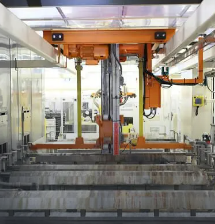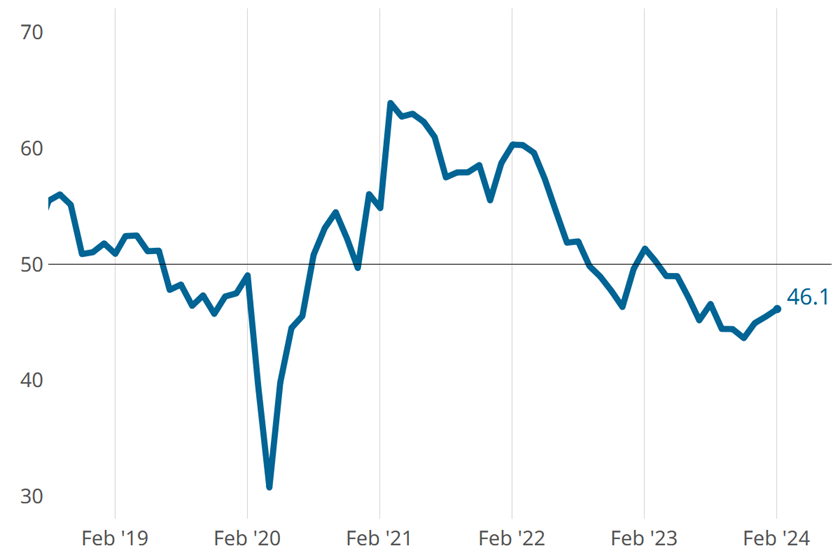Work to Make ’08 Great
Seven New Year’s resolutions for finishers
Ah, January! The start of a new year always brings with it a new sense of hope—the feeling that this is the year good things are going to happen in our personal or professional lives or, if we’re very fortunate, both.
Well, hope and optimism are good, but they generally work best coupled with a healthy dose of action. For finishers, that means taking a hard look at your business. What’s working? What isn’t? How can you improve your operations? Build your customer base?
Featured Content
A few years back, the National Institute of Standards and Technology (NIST) Manufacturing Extension Partnership (MEP) published a list of New Year’s resolutions for small manufacturers. None of them cost much money, but they do require extra effort. Here, based on MEP’s list with a few more thrown in, are some resolutions that can help finishers make 2008 a good year.
Re-examine your marketing approach. Some industries with many purchasers of coating services are experiencing rapid growth—the oil field service equipment market comes immediately to mind, as does the medical device industry. Can your company identify and take advantage of these or other areas of growth?
Another thing: don’t limit your market according to geography. In the Internet age, you can expand beyond your geographic region by providing capabilities that customers want and need—then making potential customers aware of that fact.
Profile your best customers. Speaking of customers, wouldn’t you like to have more of the best kind, the ones that provide the best work at the best margins? Look for patterns or similarities among your most reliable customers, then compare the resulting profile of your “ideal” customer to marketing databases to find similar prospective customers.
Support your industry. You may wonder what this means, and how it will benefit your company. The answer is, anything that makes the finishing industry stronger makes your company stronger. Supporting the industry might mean becoming a member of an industry association. It might mean attending a seminar or trade show to expand your knowledge of your bit of the finishing world. It might mean something as simple as taking half a day out of your schedule to attend a career day at a local school to explain how your business works and why it’s important.
Think Lean. Learn about Lean Manufacturing tools and techniques, and apply those that make sense for your business. Lean strategies help companies identify and eliminate waste not only in manufacturing but through the business cycle. Shops of any size can positively impact their bottom lines by improving space utilization, increasing quality, enhancing team work, and improving communications, all of which affect productivity.
Another component of Lean is engaging your employees, the people who do the work every day. If you’re not asking them about how you can improve your operations (and listening to the answers), you’re missing out on one of the easiest ways to reap big productivity gains.
Review your disaster plan. Many finishers do an excellent job handling some pretty hazardous stuff on a daily basis. Still, accidents—not to mention natural and other types of disasters—happen. You’ll be able to better manage a disruption of any kind if you have a well-thought-out disaster plan in place.
Invest in training. Grow your company from within by providing your people with skills they need for their current job and the next one. Training doesn’t have to be expensive; for example, ask chemistry or equipment vendors what opportunities they may have to teach you about their products and services.
Get to know your local environmental authorities. If you discharge treated wastewater to a publicly owned treatment works (POTW), get to know your contacts at the local authority. Find out about your community POTW’s current situation and future plans. In the process, you may also discover things that can assist you in handling your regulatory burden.


















